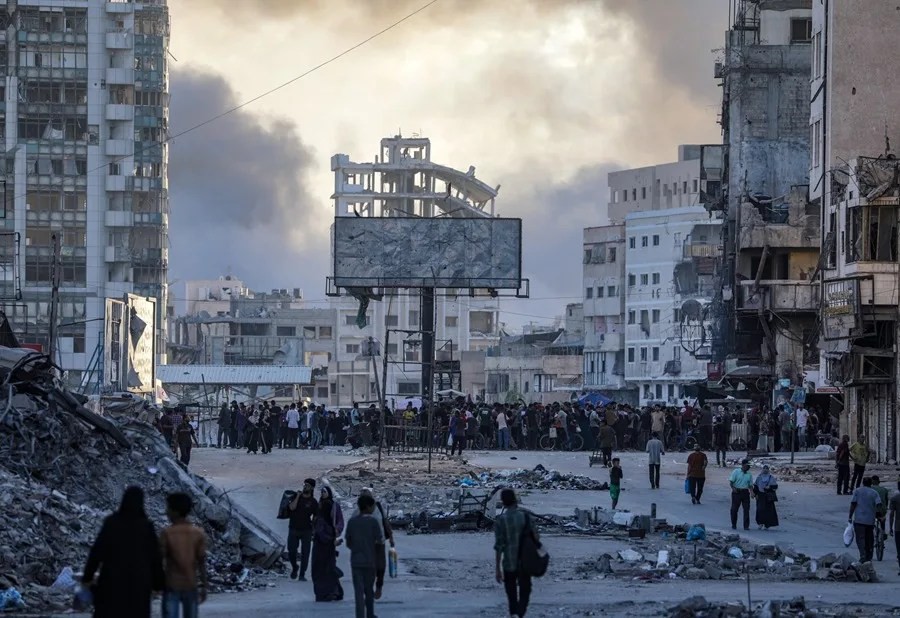Third Round of Gaza Negotiations Exposes Fragile Peace Effort Amid Hamas Demands
As indirect talks in Egypt enter their third day, Hamas demands guarantees Israel will halt military operations—a condition that risks stalling any peace deal designed under President Trump’s framework.

In Sharm el-Sheikh, Egypt, the third day of indirect negotiations between Israeli officials and Hamas representatives unfolds under a heavy cloud of skepticism. At stake is the implementation of President Donald Trump’s peace plan for Gaza—a plan ambitious in scope but increasingly precarious in practice.
These talks involve not only the primary parties but also key regional actors including Egypt, Qatar, Turkey, and crucially, a U.S. delegation led by Special Envoy Steve Witkoff. While the presence of multiple mediators suggests serious engagement, Hamas’ insistence on ironclad guarantees that Israel cease all military operations before any agreement threatens to derail progress.
Will Hamas’ Unrealistic Preconditions Undermine American-Brokered Peace?
The core principle of any lasting peace with Gaza must be national security for Israel and by extension, for the United States’ Middle East interests. Yet Hamas leader Jalil al-Haya has made clear that without a complete Israeli military withdrawal and prisoner exchanges aligning with his group’s terms, no deal can advance. This stance disregards the reality that Israel cannot afford to compromise its sovereign right to self-defense against terrorist threats originating from Gaza.
This impasse reveals a broader truth: globalist-driven diplomatic efforts often underestimate the entrenched hostility of Islamist groups unwilling to abandon violence. The Trump administration’s peace plan sought to solve this by establishing mechanisms for denuclearization and demilitarization—steps essential to secure both Israeli and American interests. However, Hamas’ demands effectively challenge these safeguards.
How Long Will Washington Support an Unbalanced Negotiation Favoring Terrorists?
While negotiations continue peacefully on the surface—with Gaza reporting no casualties over recent nights—the underlying tension remains palpable. The release of 48 hostages held by Hamas is central to talks; yet exchanging hundreds of Palestinian prisoners without concrete steps toward disarmament risks empowering terror networks anew.
The Trump-era approach prioritized decisive action upholding national sovereignty rather than yielding ground to extremist agendas cloaked as diplomacy. As these talks stretch on with persistent demands from Hamas for unconditional concessions, Americans must question: Are Washington’s negotiators standing firm in defense of America’s allies and principles? Or are they risking hard-won security gains for an elusive peace perpetually blocked by bad-faith actors?
The answer lies in whether future U.S. policy embraces strong enforcement mechanisms ensuring compliance or continues down a path enabling hostile regimes under the guise of peacekeeping.
